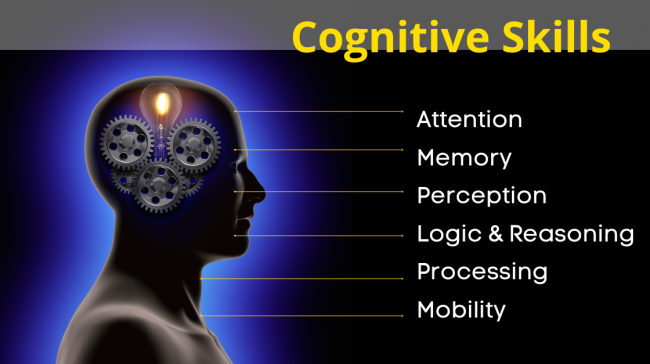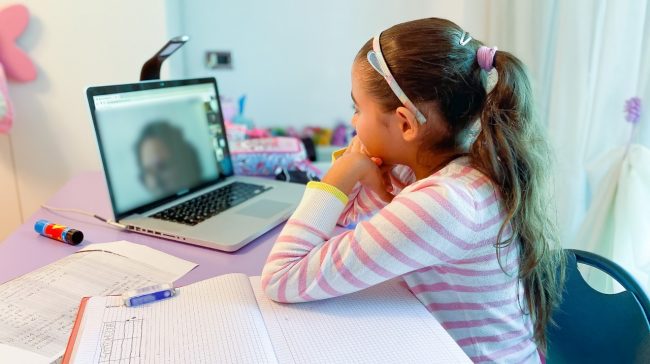Self-esteem plays a significant role in the development of healthy children. Children with high self-esteem generally become more successful in life. Unfortunately, the outcomes for children with low self-esteem can be quite poor. As a parent, your child’s self-esteem is largely your responsibility. There is a lot you can do to help your child to feel confident and competent.
Children with high self-esteem have the confidence to try new activities and feel a sense of pride in their accomplishments. While it’s never pleasant to fail, these kids possess the emotional ability to withstand lack of success, as well as maintain the courage to try again.
Kids with low self-esteem are self-critical and have difficulty being positive when making mistakes. This may lead to the child not being able to try again, or refusing the next opportunity to be successful.
Children can be sensitive and have a peer group that can be quite harsh, so as a parent, what you do at home matters tremendously. It’s critical that your child possesses a healthy reserve of self-esteem, which will also serve as a buffer to survive the unpleasantness of other kids.
Give your child the best chance to thrive and be happy.
So, how can you help your child have strong self-esteem, so they thrive in school and into adulthood? Here are five simple strategies:
Article Contents
Provide your child with a social challenge.
One of the best ways to build confidence is to step outside of your comfort zone. This is true of adults and children alike, and provides you with many opportunities to help your child feel more comfortable in unfamiliar situations.
An easy way to begin building your child’s confidence is by taking them to an unfamiliar environment, like a party with people they don’t know or a park in a different part of town. For some children, this may seem intimidating, but your presence allows them to explore safely. The more they investigate these new situations and surroundings, the more confident they will become.
Once your child is comfortable with the new environments, you can challenge them to stretch themselves even further. Ask them to make a new friend at the park or say hello to an adult you know but they do not. When your child accomplishes one of these small challenges, celebrate their success. This helps to pave the way for confidence in situations where you aren’t present (such as at school).
This practice will also help them as adults. Adults constantly rise to different occasions and put themselves out there, even when it’s uncomfortable. Start this early and continue it often!
Choose your words wisely.
It’s always good to praise your child, but instead of simply saying “good job” or “good work,” try to make your praise more specific. Use phrases like “I love the way you helped your brother tie his shoes. That was kind.” or “Wow, you really tried a lot of strategies to solve that math problem. I bet you’re proud of yourself.” This goes even deeper than helping your child build their vocabulary. Going deep with your words invites them to reframe their actions by reflecting their importance back to the child.
Even when things don’t go as planned; you can find opportunities for positive thinking. Try phrases like, “That was a spectacular disaster because we learned so much!” or “What an interesting experience.”
It’s important for children to see that mistakes are a part of life and that it’s important to learn from them and keep moving forward.
Create opportunities for success.
Create an opportunity for your child to showcase a skill or talent they love, like singing or showing a piece of artwork. Provide a comfortable setting, such as a family gathering, and structure the presentation. Provide verbal tasks like talking about their music or art or nonverbal tasks, like setting the table or putting away dishes. Both verbal and nonverbal tasks can give children a feeling of success and make them feel that they are contributing to the group in a meaningful way.
Over time, your child will become more confident in being called on and asked to show their work. As this happens, you can migrate the activities to more public settings.
Expose them to positive role models.
The most powerful example to give children is other children. As much as you talk to your child about confidence, it’s even more effective to show them a peer of their same age that is a little bit stronger in a certain area.
For example, going to the park with a neighbor who is slightly more comfortable making friends can show your child that talking to new people isn’t so scary, and gives them a comfortable person to start out with so it feels safer.
It’s important to avoid turning this activity into an opportunity for comparison. Don’t spend time pointing out how one child is “more successful” than yours in certain areas. Instead, allow your child to associate with, befriend, and learn from their peers naturally.
Talk about it!
Although modeling through your own behavior and the behavior of peers is powerful, it’s also effective to simply talk to your child about confidence. Before new social settings, you can practice greeting new people by shaking hands, making eye contact, and looking them in the eye. Knowing exactly what to do in a step-by-step format can ease some anxiety going into unfamiliar situations and set your child up for success.
Practice patience when building your child’s self-esteem.
It’s a daunting task to build your child’s confidence, but the rewards are endless. Taking time for this area of growth will help your child perform better on tests, create strong social bonds, and make decisions more effectively. And if you break the task into small, manageable chunks, you’ll be able to see your child grow a little each and every day.
There’s no doubt that a child with high self-esteem is happier and more confident. We want the best for our children, so it’s our responsibility to help lead our children down this path.
What we do at home can have a significant impact on our children’s future. Teach your children to love and believe in themselves, and they’ll reap the benefits throughout their entire lives.





Windows Media Player 10? I cant’ stand Windows when it comes to making movies for your next computer. FORGET WINDOWS! IT’S ONLY A
Hey There. I found your blog using msn. This is a very
well written article. I’ll be sure to bookmark it and return to
read more of your useful info. Thanks for the post. I will certainly
comeback.